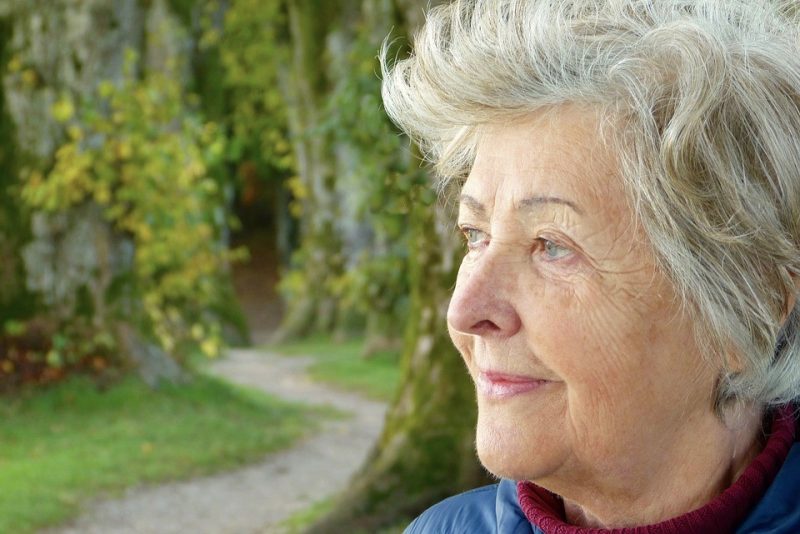WHY TAI CHI MAY BE BETTER THAN YOGA AND ITS HEALTH BENEFITS
Tai Chi and Yoga are misinterpreted by many people. In fact, many people think that they are more or less the same thing. But, the fact is that Tai Chi and Yoga are two separate exercise that yields different results and of course their health benefits. Now, the topic of which form of exercise has better and more health benefits is debatable. But, there are of course a significant amount of studies and conclusions that slightly points to the favor of Tai Chi.
After years of being tagged as just another form of martial arts, Tai Chi has come out of the shadow of traditional martial arts. The fact that most people associate martial arts to combat or self-defense, in particular, have been the main reason why Tai Chi’s health benefits have been unknown. People just see a group of individuals practicing Tai Chi and just shrug it off as another form of martial arts exercise. But, in recent years Tai Chi’s health benefits have been acknowledged by many medical studies and researches.
Time after time, numerous studies have concluded successfully that Tai Chi is most beneficial when it comes to preventing or reducing many health problems. Medical conditions such as diabetes, osteoarthritis, reducing the risk of falling in older adults, musculoskeletal pain etc. In fact, Tai Chi is looked upon as a better alternative to Yoga.
The fact that Tai Chi is looked upon as a better and more effective form of exercise lies in its physical requirements and convenience as well. Sensei Sandeep Desai, who has been an active practitioner of both Tai Chi and Yoga has shed a clear light upon the topic. He explains that Tai Chi exercise doesn’t involve causing discomfort in the body. Due to its low-intensity body movements and slow breathing and meditation to compliment that, tai chi causes minimal discomfort. The discomfort of the body becomes very significant when it is stretched beyond a particular point. This excess of stretching and physical requirements causes pain and shock which is bad for our body in the long run. This, of course, is the issue in the case of yoga, even though it may not involve excess stretching, it is significantly more than that of Tai Chi. The whole slow movement and minimal stress to the body in Tai Chi may look inefficient, but its results have the complete adverse effect.
Proven health benefits of Tai Chi
- Promotes relief from arthritis and other related problems
Several tests and studies suggest that Tai Chi is effective in relieving many types of chronic pain that results due to some specific medical conditions such as knee osteoarthritis or fibromyalgia.
Tai Chi for Arthritis has been proven and concluded by many individuals who have benefited from Tai Chi. Matthew Bosman, 38, says that He took up tai chi after He had back surgery and also an Osteoarthritis that left him unable to participate in his usual gym workout regime. The results have been more than satisfactory and have hugely improved his OA condition and He, now takes a 45-minutes of tai chi class twice every week, He says.
A meta-analysis conducted in 2013 consisting of 7 different trials concluded the positive effect of practicing Tai Chi for a duration of 12 months. The end results were more than convincing to support the reduction of pain caused by knee osteoarthritis and other chronic pain related sources.
- Reduces the risk of falling
There is strong medical evidence that supports the claim that Tai Chi is effective in reducing the risks of falling in older adults. A review conducted in 2012 on 159 controlled trials and consisting of 79,193 people showed positive results to support that practicing Tai Chi regularly, in fact, reduced the chances of falls in older adults.
- Helps in Parkinson’s Disease
Tai Chi might be beneficial to people suffering from Parkinson’s disease. This was suggested from a review that was published in 2018 on Clinical Rehabilitation. The reviewed was conducted taking 10 results from the previously concluded studies about the effects of Tai Chi in dealing positively with Parkinson’s disease. The reviewed successfully concluded that Tai Chi reduced the risks of frequent strokes and falling in people with Parkinson’s disease.
- Cognitive functioning
The Journal of the American Geriatrics Society published a review in 2014 giving some conclusive evidence that Tai Chi improved cognitive functions in older adults. The study was conducted keeping in mind the previous 20 different studies that were related to finding the effect of tai chi in cognitive functioning in older people who had no existing cognitive impairment.
- Promotes weight loss
Although it’s a slow process, regular Tai Chi practitioners have experienced weight loss. A study was conducted in 2015 on a group of adult practicing Tai Chi for 45 minutes five times a week. The results at the end of the 12 weeks showed that they lost little over a pound of weight without any restrictions to their diet.




